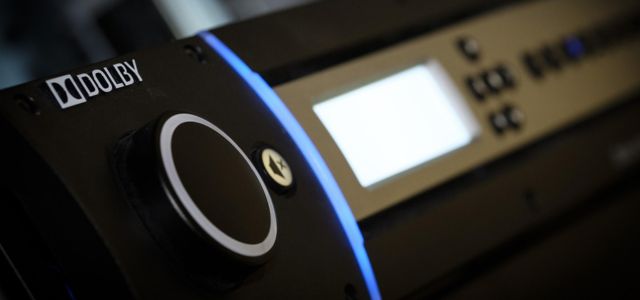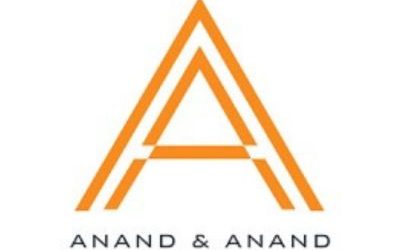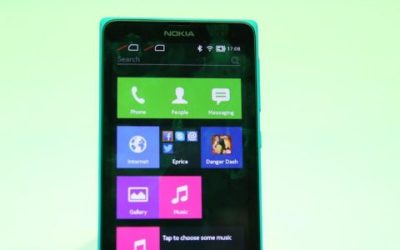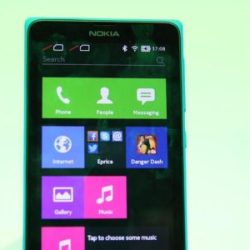In the suit DOLBY INTERNATIONAL AB & ANR. v. LAVA INTERNATIONAL LIMITED (CS(COMM) 350/2024 with I.As.) before the Delhi High Court, the Plaintiff is a patent holder for a representative group of Standard Essential Patents (SEPs), including three active patents (3-Series Patents) and five patents which expired between July 2022 to April 2024 (2-Series Patents). These patents belong to Dolby’s Advanced Audio Coding (AAC) portfolio, which relates to audio coding technology and enhances the functionality of systems and devices/devices such as mobile phones and tablets.
Summary of the submissions
Plaintiff’s submission
The Plaintiff had met the threshold for securing a pro tem order, which precedes an injunction. Lava had admitted that the suit patents are SEPs and had failed to object to the claim charts during negotiations. The suit patent aligns with the relevant sections of the standards published related to Unified Speech and Audio Coding and Coding of Audio-Visual Objects.
Further, any device built or made by or on behalf of Lava to be compatible with Android/AAC standardized Technologies would necessarily implement Plaintiff’s patented technologies. Lava’s Technical Expert’s admission implies that suit patents have a technical effect and read onto the asserted standards, and that Lava’s devices are AAC compliant (also asserted by the test reports of the Defendant’s devices submitted by the Plaintiff). Dolby’s conduct as an “unwilling licensee,” repeatedly requesting more information without making any counteroffer, led to the expiration of the 2-Series Patents.
Also, the Defendant did not challenge any of Dolby’s patents during the six years of negotiations. Lava sought time to negotiate with Dolby on the first date of the suit hearing itself, without disclosing the use of any alternate technologies. Additionally, the counteroffer of INR 5.13 per device was inadequate and lacked a sound economic basis.
Defendant’s submission
The Defendant argued that the requirement of the triple test for establishing a prima facie case, i.e., a finding of essentiality, validity, and infringement, along with the exceptional circumstances outlined in the High Court Rules, applies. There cannot be an injunction, as well as a pro tem deposit order, on expired patents, since the valid patents have no independent existence and protection in the absence of the five expired patents.
Regarding standards, the Defendant argued that no new patentable invention arises from compliance with ISO/IEC 23003-3. Also submitted were alternative technologies being used by implementors/Defendant, duly explained in the Defendant’s expert report. They also submitted a defense of the doctrine of exhaustion.
Analysis and findings
Pro tem deposits
The Court ruled that, based on a prima facie consideration of the documents related to Lava being under investigation by an enforcement agency, and considering genuine apprehensions about its financials, it passed a pro tem order requiring Lava to make a deposit. The Court disagreed with the royalty rate calculated by Lava and accepted the rates offered to Lava in the license agreements filed by Dolby.
Two-step test applicability to determine infringement
A prima facie case of infringement of the suit patents is established, as the suit patents align with the prescribed standards, and Lava’s devices implement these standards. Further, considering the strategy of Lava to simply delay the negotiations, the conduct amounts to ‘patent holdout.’
Regarding third-party agreements
The Court found that it is evident that even after the filing of the present suit, the Defendant continued to insist that various agreements between the Plaintiff and third parties be shared with them, which the Plaintiff refused to provide, as it would amount to a breach of third-party confidentiality obligations.
Defence of exhaustion
The Court did not find any evidence that Lava had an agreement with its suppliers, component manufacturers, or sellers of end-user devices, nor did it find any indication that they had a license from the Plaintiff, Dolby, covering the products imported by Lava.
Court order
The Hon’ble High Court directed the Defendant to make a pro-tem deposit of approximately INR 20.08 Cr either with the Court or as a bank guarantee. The Hon’ble Court has also clarified that the present order does not confer any final finding on infringement/liability, and it also does not mandate acceptance of the Plaintiff’s licensing rate as a binding one; the implementer retains the full opportunity to contest all substantive issues.

Written by Vikas Asawat
Patent & Trade Mark Attorney, IPMagnitude
You may also like…
Pravin Anand conferred with the APAA Enduring Impact Award
Pre-eminent IP Lawyer and Managing Partner of Anand and Anand, Mr Pravin Anand, has been conferred with the...
The quiet power of confidentiality clubs in SEP litigation
In standard essential patent (SEP) disputes, especially those involving FRAND (Fair, Reasonable, and...
A $10 million patent win reduced to a $1 lesson in damages
In a decision that will resonate as a stark warning to patent litigants, the US Court of Appeals for the Federal...
Contact us to write for out Newsletter














